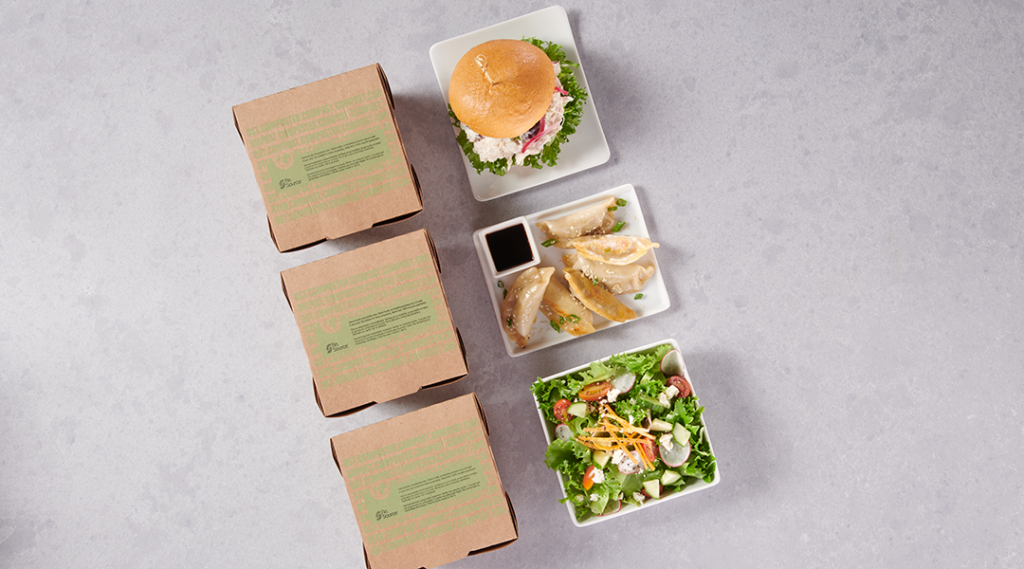Train your team to make every mealtime experience special.
For people with dementia or memory care challenges, the best mealtime experience is served with routines and regularity. Your staff can make connections that enhance comfort and encourage better eating.
Guests may have varying levels of cognitive awareness. Better understanding of individuals can create a nurturing environment. Here are dining strategies to support guests with dementia:
- Interaction
- Address the individual directly.
- Focus on the individual, not the task.
- Be attentive, flexible and patient.
- Environment
- Ensure adequate lighting.
- Provide a calm environment.
- Limit ambient noise, such as TV.
- Keep the table setting simple. Avoid patterned plates, napkins, placemats and tablecloths.
- Assure the guest is positioned properly and everything is within reach.
- Use aromatherapy to stimulate appetite.
- Dining routine
- Keep things consistent.
- Allow plenty of time to eat.
- Provide food cues and encouragement as needed.
- Provide assistance with tasks such as cutting food and using condiments, as needed.
- Offer small, frequent meals.
- Consider the individual dining preferences. Refer to dining recommendations in their care plan.
Watch for warning signs
Agitation can indicate the guest is not tolerating the meal. Watch for the following and involve the interdisciplinary care team (speech language pathologist, nurse, dietitian, physician) immediately:
- Frequent coughing with meals.
- Drooling.
- Wet (gurgling) sounds.
- Regurgitation of food.
- Complaining of feeling like food is stuck in the throat.

























